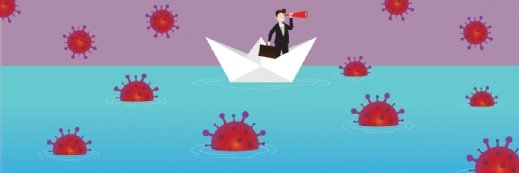
Getty Images/Tetra images RF
Pfizer Recalls Migraine Medication Under Advisement From CPSC
The Consumer Product Safety Commission recently advised Pfizer to recall Nurtec ODT due to flaws in child-resistant packaging.
On March 16, 2023, just days after the FDA approved another new nasal migraine medication, Pfizer recalled its Nurtec ODT medication. Under advisement from the United States Consumer Product Safety Commission (CPSC), the organization is voluntarily recalling the Nurtec ODT orally disintegrating tablets, 75 mg 8-unit dose blister packs.
The drug was claimed by Pfizer in 2022 when the company acquired its manufacturer Biohaven Pharmaceutical Holding. The medication, intended for people with 15 or more migraine days per month, was approved in 2020 for adults.
Despite being an effective tool for many patients, the US CPSC stated that the packaging does not meet child-resistant packaging guidelines set by the Poison Prevention Packaging Act (PPPA). Upon notification from the CPSC, the organization released guidelines for the recall.
While the error does not require patients to return the medication, there are some guidelines for storage and safety moving forward. Pharmacists have been notified to place any prescriptions using the existing packaging in a child-safe package to prevent any adverse events in children. Meanwhile, the organization plans to correct its packaging to comply with the standards.
Amidst recall notices, the company is celebrating a win, as the FDA approved its newest migraine medication, ZAVZPRET. The drug offers the first calcitonin gene-related peptide (CGRP) receptor antagonist nasal spray. Although the drug is not expected to hit pharmacies until 2023, news of packaging errors may cause the company to test packaging closely.
This recall comes shortly after the American Academy of Pediatrics released data on pediatric poisoning deaths, noting that between January 1, 2005, and December 31, 2018, there were 731 pediatric fatalities due to “poisoning, overdose, or acute intoxication.” Most of these deaths are preventable, including 47.3% of deaths in infants and young children.
Errors in drug packaging and child-resistant packaging may exacerbate the rates of pediatric poisoning. With that in mind, pharmaceutical companies and regulatory organizations are encouraged to monitor packaging and ensure they meet the appropriate standards closely.





